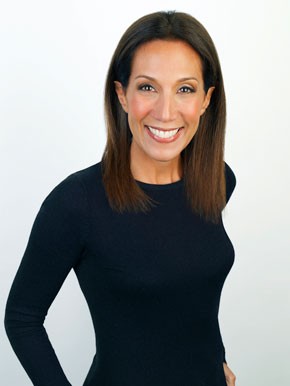
Yesterday, at the 16th annual Wharton Leadership Conference, I was lucky enough to hear musings from Adam Bryant, senior editor for features at the New York Times, where he not only leads a team of reporters but also authors the popular “Corner Office” column in the Sunday business section and online — a recurring piece that he first began writing in 2009.
When he started interviewing leaders of the world’s largest, most successful organizations, he decided he wasn’t going to ask them simply about their business strategy. He began asking broad, open-ended questions about the most important leadership roles they’ve learned throughout their life.
“We have to make sense of leadership for ourselves,” he said. “I started asking why some people get promoted over others time and time again. This is what separates leaders, from what I’ve learned, and I believe these qualitites are truly useful in any context.” They are:
- Passionate curiosity — “A deep sense of engagement with the world, how things can be made to work better, these two words are greater than the sum of their parts”
- Battle-hardened confidence — “Track record for tackling adversity, these people know things are going to come out fine”
- Team smarts — “The organizational equivalent of street smarts, you know who to talk to to get things done”
- A simple mindset — “Refers to the ability to take the ocean of data we all have at our fingertips and distill it down to the one, two or three things that are important”
- Fearlessness — “Some CEOs take a lower-rung job to run a smaller division so they could learn more”
Bryant also discussed some unique interview questions that these CEOs at different companies adhere to, including:
Zappos: What is the biggest misperception that people have about you?
“I think the biggest one is that I’m pretty insanely competitive, but it turns out that that question is just the setup for the punch line, which is ‘what’s the difference between misperception and perception?
‘”
Google: On a scale of 1-10, how weird are you?
We’re all weird to some degree. i like this question. it signals to job candidates that everybody’s weird and we want to bring that weird here — not too much, but some. if someone screams 12, you can move on.
ING Direct: There are five animals (rabbit, lion, cow, horse and monkey) and you’re about to go on a journey but you have to leave one behind. Which one do you chose?
“According to the test, each animal stands for something, and apparently this test tells you about the person you’re interviewing,” Bryant said. “I chose rabbit, and the guy I was interviewing for the column said that rabbit stands for love, meaning I’d be willing to work for three weeks straight and make it up to my family later on. My wife read it when it came out. And, well, it’s kind of hard to claim you were misquoted in your own article.”



